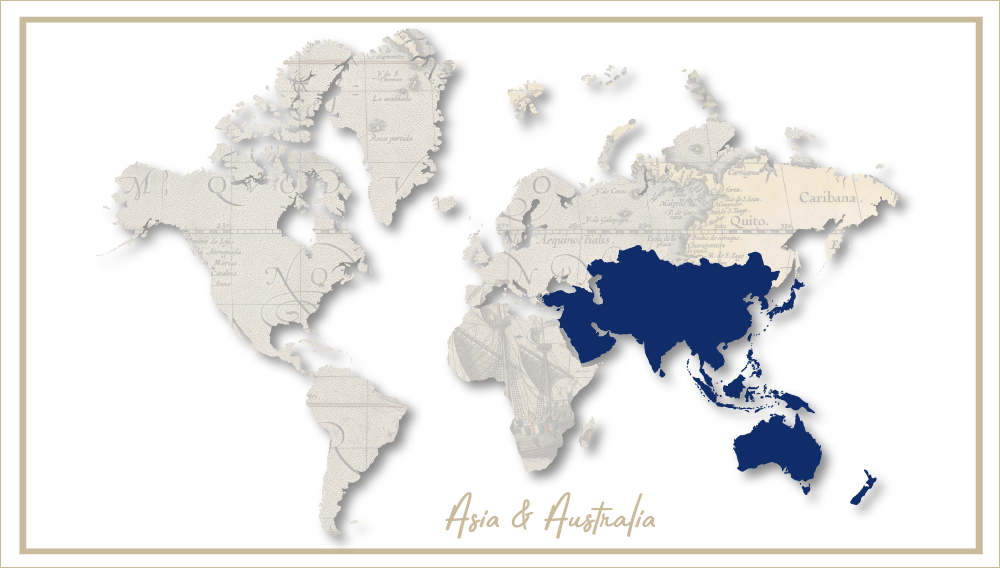You mustn’t brew my beer
In duopoly markets, foreign brewers often find themselves in a spot of bother: who shall brew their brands under license? In Australia, Kirin-owned Lion Nathan has emerged with the lion’s share of Australia’s top-selling imported beers, with Foster’s losing the rights to brew and distribute Stella Artois in one of the first effects of its takeover by SABMiller.
In December 2011 Lion announced it would take over the distribution rights to Stella, the fourth-best selling premium foreign beer brand in Australia, as of April this year. Stella is owned by AB-InBev, a major rival to SABMiller.
Of the top eight imported beers by volume in Australia, Lion now holds the rights to four – Heineken, Beck’s, Stella and Budweiser.
Obviously, Beck’s, Stella and Budweiser are all owned by AB-InBev. But Heineken isn’t. In effect, for years both Heineken and AB-InBev, although fierce competitors, have trusted a Kirin-controlled brewer to do the best it can for their brands, which – it must be stressed – all vie for the same share of throat in Australia. That’s an interesting thought, isn’t it?
Under the changes triggered by Foster’s AUD 12 billion takeover by SABMiller that took effect last week, Lion will also inherit Belgian specialty beers Hoegaarden, Leffe and Belle-Vue Kriek from Foster’s.
That leaves the former Foster’s or CUB, as it is now called again, with only Asahi Super Dry, Carlsberg, Corona, and Kronenbourg (owned by Carlsberg) and the newly obtained Peroni and Grolsch (courtesy of its new owner SABMiller).
Unfortunately, Corona is no longer a safe bank for CUB. The very profitable Corona contract, which reportedly generated more than AUD 65 million in EBITDA a year for Foster’s (or 8 percent of Foster’s 2011 EBITDA), could be coming up soon for renewal. It was last renewed in 2010.
Corona, which has been imported by Foster’s since 1988, is currently performing very well in Australia, where almost four out of every ten imported beers consumed in the country are Corona beers.
According to media reports, all kinds of players could be clamouring for the Corona contract, not least Coca-Cola Amatil (CCA). CCA’s Managing Director Terry Davis recently reiterated that developing its alcohol business remains a core growth strategy for CCA.
Although barred from re-entering the Australian beer market until 2014, following the termination of CCA’s Pacific Beverages joint venture with SABMiller, for which CCA received an alleged AUD 300 million, CCA could still get the Corona through legal loopholes. For example, CCA could get it through New Zealand, where CCA can still dabble in beer, or Fiji, Papua New Guinea or through a third party.
But , as always, it takes two to tango. This time, the Mexican Corona guys can really take their pick.

